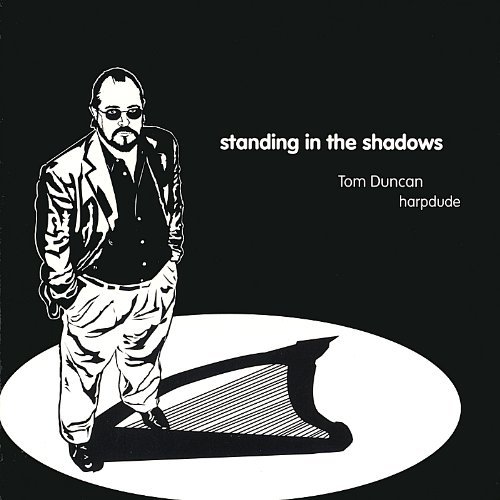
Growing up, Ojito was eager to excel and fit in, but her parents'--and eventually her own--incomplete devotion to the revolution held her back. As a schoolgirl, she yearned to join Castro's Young Pioneers, but as a teenager in the 1970s, when she understood the darker side of the Cuban revolution and learned more about life in el norte from relatives living abroad, she began to wonder if she and her parents would be safer and happier elsewhere. By the time Castro announced that he was opening Cuba's borders for those who wanted to leave, she was ready to go; her parents were more than ready: They had been waiting for this opportunity since they married, twenty years before.
Finding Mañana gives us Ojito's own story, with all of the determination and intelligence--and the will to confront darkness--that carried her through the boatlift and made her a prizewinning journalist. Putting her reporting skills to work on the events closest to her heart, she finds the boatlift's key players twenty-five years later, from the exiles who negotiated with Castro to the Vietnam vet on whose boat, Mañana, she finally crossed the treacherous Florida Strait. Finding Mañana is the engrossing and enduring story of a family caught in the midst of the tumultuous politics of the twentieth century.







